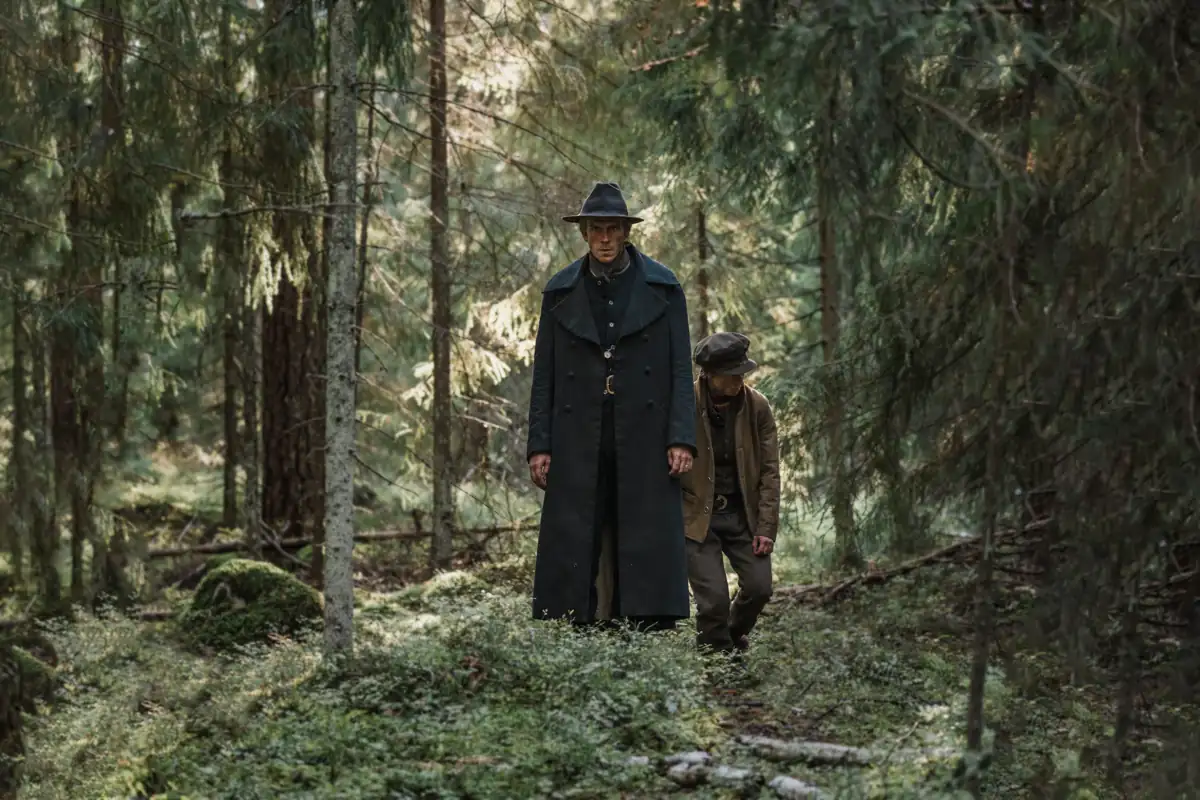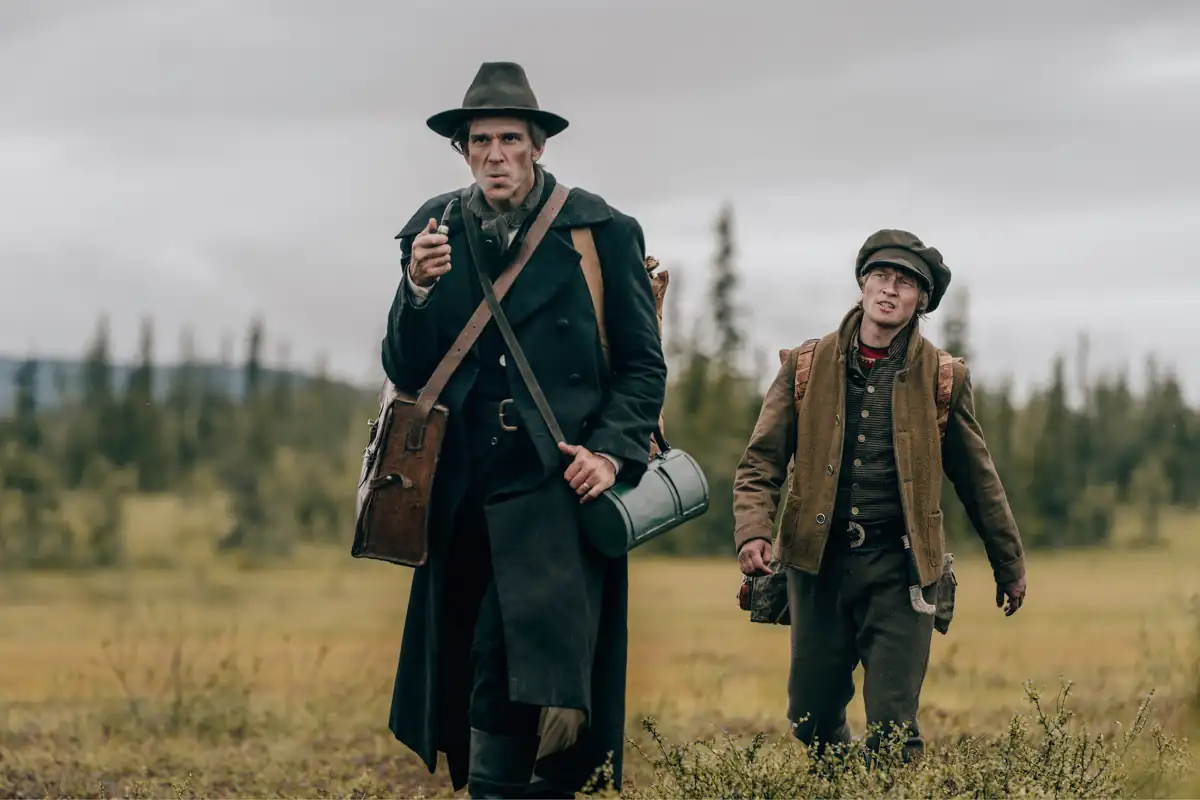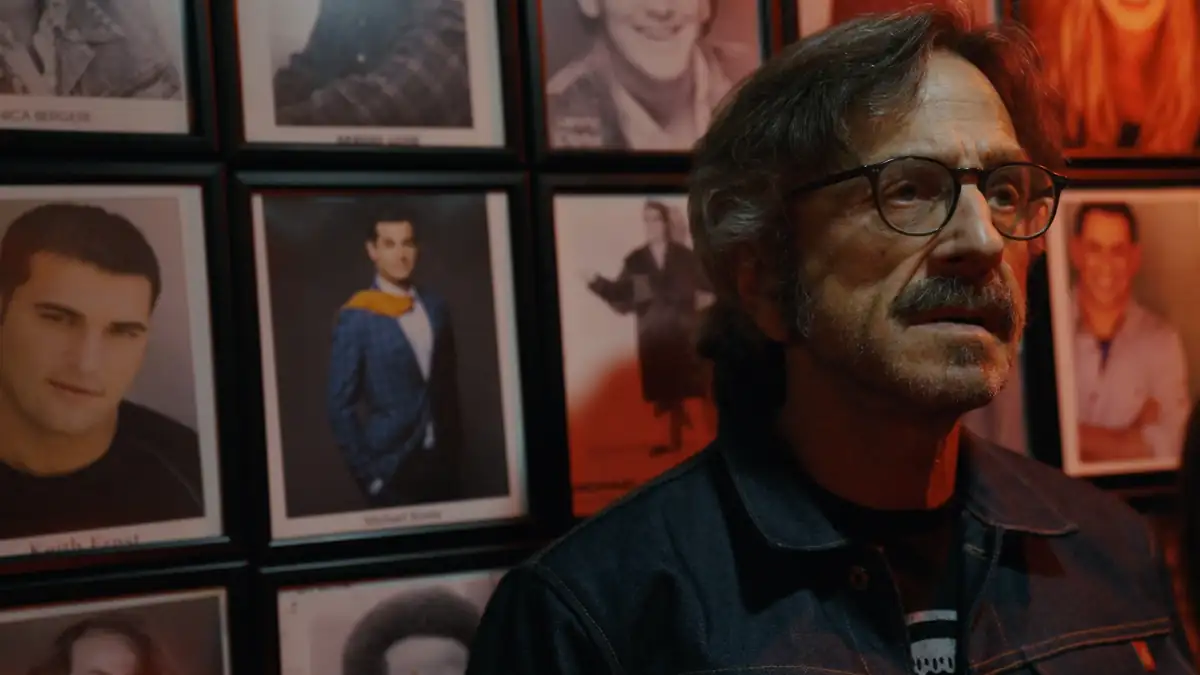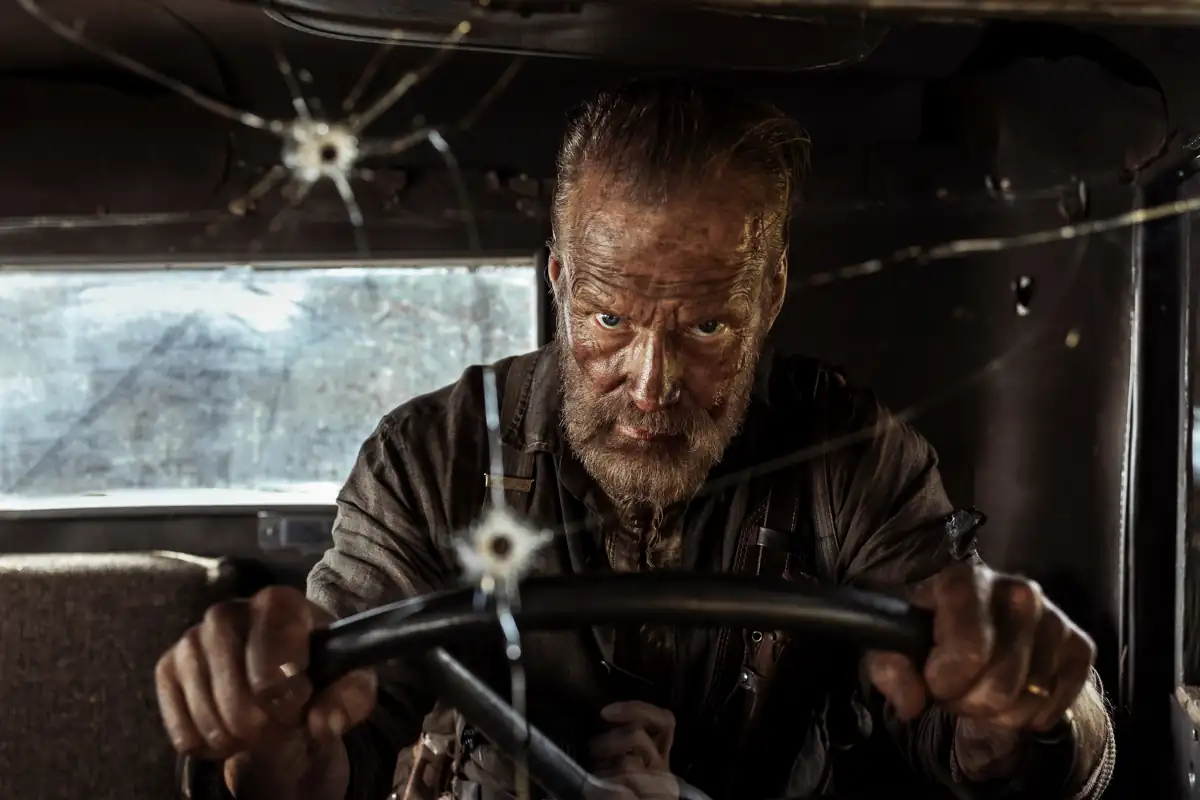END OF AN ERA
Series like this are invaluable, because they allows others to catch a glimpse of a world they have little to no understanding about. It paints with nuance, sophistication, and righteous anger the buildup and destruction of the Equal Rights Act, which led to the war against women that continues to this day. It’s also a self-portrait that passionately argues how weak we are because of our division. How a gulf that pierces through not just gender, but socioeconomic and racial lines ultimately feeds a broken system which thrives on strife.
Brilliantly written, directed, and performed, MRS. AMERICA is lightning in a bottle: A series arriving at a perfect moment to elucidate something about ourselves when we most needed. Fast paced and densely plotted, it doesn’t bother to hold your hand if you fail to catch up. Condensing nine years into as many hours, the mini-series doesn’t expect you to know every facet of constitutional history, but it does expect you to keep up with its brisk narrative and mosaic of characters. (Most of them are real, though some are composites). It also doesn’t tell you what to think either; which in and of itself is a brave act in this day and age. Nowhere is this as clear as it is in telling the viewpoint of Phyllis Schalfly, played by the divine Cate Blanchett.
Schlafly, who passed in 2016, was an anti-feminist Republican known to history as a key figure in campaigning against the rights of women, minorities, and the LGBTQ community. One of the beacons of modern conservatism, she even wrote a book in support of Donald Trump before her death. Played by Blanchett she’s a contradictory figure, rising from the depths of smothering patriarchy to a powerful political player on her own terms. Yet at the same time her climb towards control is at the cost of millions of other women, including family members. With perfect hindsight, it would be more than easy to simplify her into a sneering villain. If only it were that easy.

The first hour is hers entirely, and it, like many of the hours that follow, is a masterwork in composition. We see how the world demeans Schlafly, even as her skill and intelligence is never in question. She is relegated to menial tasks and flatly overridden at every turn. Life at home continues much in the same manner, as her spouse treats her like a prized possession; best seen and admired, less heard. There’s a desperation to her action, a desire to be treated as an equal, no matter what it takes. While never on her side, MRS. AMERICA allows us to understand where the Phyllis Schlafly’s of the world come from. Jeanne Tripplehorn plays her sister, Eleanor, who struggles under the toxic influence of her sibling. Sarah Paulson delivers yet another career best as Alice, a composite character who begins to question the easy hysteria that Schlafly promotes.
Blanchett is remarkable in the part, effortlessly crafting a fictional portrait of a real person that is neither spiteful nor merciful. Schlafly is an anti-hero; one we could describe as larger than life if she weren’t real. Her smarts and cunning are solely used in the pursuit of power, and like Walter White, Littlefinger, or Saul Goodman, everything she does is to get her closer to the goal. Casting an actor as beloved as Blanchett to sell the showmanship is a stroke of brilliance. Even as she spouts utter nonsense we admire her charm because of how she carries the room. (One such claim is that equal rights would cause women to be drafted into Vietnam. A claim that makes no sense when you think about it, yet it’s scary enough to elicit an emotional response). It would be easy to ask who’d fall for such malarkey, yet present day politics will tell you the answer to that.
In the end it’s not just Blanchett’s show. Half the story belongs to the women who drove the Equal Rights Act, many of whom are alive to this day fighting for justice in America. They are played by Uzo Aduba, Rose Byrne, Elizabeth Banks, Margo Martindale, and Tracey Ullman. Each fabulous in their role as they concisely portray the different ways we all speak about the same thing. Byrne, playing Gloria Steinem, openly advocates for dramatic pushes forward, arguing that revolution will always leave some behind. Ullman, as Betty Friedan, sees right-wing quacks like Schlafly as annoying sideshows best left unheard. Neither are wrong and this is not a depiction of who said it more rightly either. It’s a depiction of how desperate and necessary these changes are — and how catastrophic it is that we’re still behind on equality for all.
The series depicts their struggle as righteous and dignified, powered by an idealistic belief that people want change. But it’s a force so wide and powerful that their message becomes harder to grasp. Multiple times we witness even people on the inside disagree with common policy, or at least its implementation. It’s to that void the sharp and accurate hatred of Schlafly hits strongest. As in the present, simplicity and repetition are powerful tools for the fearful. In one stunning scene, we witness Schlafly’s movement of ordinary housewives ascend the stairs to congress. They’re from all ages, races, and economic status. Each connected by fear and uncertainty. If there is an argument in the series towards the failings of the feminist movement, it’s in not reaching out to those who just didn’t know any better.

Richly textured in luscious set and costume design, MRS. AMERICA’s depiction of the 70s is downright intoxicating. The soundtrack has its winks and nods and the sometimes playful tone does make one “look at this future famous person” reference too many. But overall this is a handsomely crafted presentation that feels lived in and real.
During viewing I wondered the need for such a lavish production, especially for a story so often taking place in offices and courthouses. It wasn’t until later I remembered an early scene where Margo Martindale dryly quips: “I wish I had a pretty face, then I wouldn’t have to shout so much.” This comes as he and Byrne navigate a tiresome party, designed to attract those with money (men). All the while as they argue for the best way to get women a right to control their own bodies.
It’s a joke tinged with bitterness. Even the series knows that if you want people to listen, you have to put on a show.












